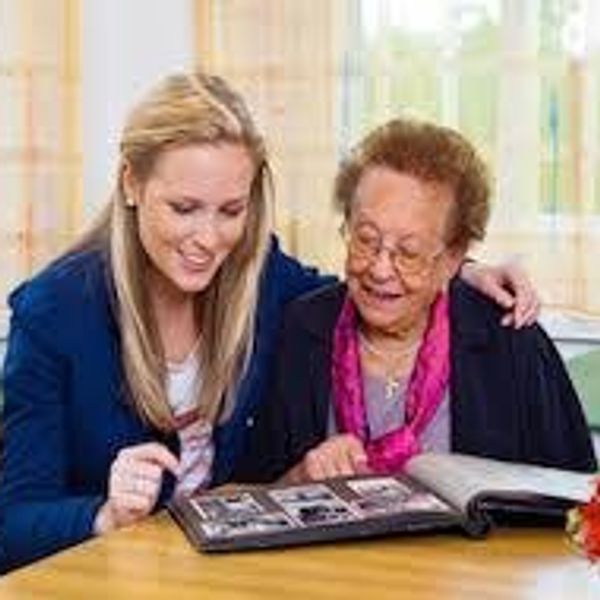It's ok if you do not know what compassion fatigue is. I didn't know what compassion fatigue was until it was too late.
So....what is it? Why is it relevant?
According to the director of the Tulane Traumatology Institute, Dr. Figley, compassion fatigue is, " a state experienced by those helping people or animals in distress; it is an extreme state of tension and preoccupation with the suffering of those being helped to the degree that it can create a secondary traumatic stress for the helper" (compassionfatigue.org). Basically, whether you are a volunteer or a full-time employee, caring so much takes a toll. The negativity that you see in your particular area (whether it be caring for humans or animals) begins to prevail in your life. You begin to care for those in your area more than yourself, slowly abandoning all self-care practices you may have had to begin with.
This may be easier to understand with an example. For me, every time a beloved favorite is put to sleep at the shelter, they take a piece of my heart with them. It hurts like hell. Even though I need time to heal and recover from that loss, I do not take it. Why? Because they need me. Those dogs in those cages need me. They need someone to sit with them and tell them random stories about their life until they feel comfortable enough to let that human put a leash on them. After a loss, the volunteer work is no longer fun, but a duty. I feel responsible for them, even though logically, I know it is not in my control. In my life though, I have been very fortunate, as I have been able to find the spark again, sometimes in a dog, sometimes in a human, and sometimes in a chipmunk with a death wish who loves to taunt the shelter residents.
That's what is dangerous about compassion fatigue. Not everyone finds that spark again. In September of 2014, renowned behaviorist and best-selling author Dr. Sophia Yin committed suicide at 48 years old. To put that in perspective, my parents are 51 and 50. Those closest to Dr. Yin think that her overwhelming love for animals was what ultimately became her downfall. A study done by the American Journal of Preventive Medicine estimates that the suicide rate among animal rescue workers is the highest among American workers, shared only with police officers and firefighters (Lizik). Compassion fatigue, according to the foremost experts in the field, can lead to depression and suicidal thoughts/actions (compassionfatigue.org).
Now do I have your attention? Or are you confused? "Yeah Drosendahl we know, you love animals. What's your point?"
My point is this...
With many people, including your favorite anxiety-riddled claustrophobic writer, going out and protesting the current political climate, compassion fatigue is something that needs to have a light shined on to it. Seeing the way that society reacts to the issues that you (or those you care about) can be incredibly disheartening. It can cause those negative attitudes to prevail. Even though this is far easier said than done, do not let it. If you lose your spark, like I, and many others have (and will probably do again), look to the little things to reignite it. It can be anything, from a chipmunk with a death wish to a girl marching on Washington with an injured foot, from a family member's inspirational gift to a dear friend revealing a long-time secret, from the look in a dog's eyes when you reach for them and do not harm them to the look in people's eyes when you say that you are doing something in spite of your fears.
My hope is that by shining a light on compassion fatigue and the little things that have helped me overcome it in the past, people realize that they are not alone and that they have people (and dogs) on their side.
Even though it is a quote that originated in AA, I think that it is still important, especially if you or someone you know is dealing with compassion fatigue: This too shall pass.
You aren't alone. You can overcome.
Sources:





















